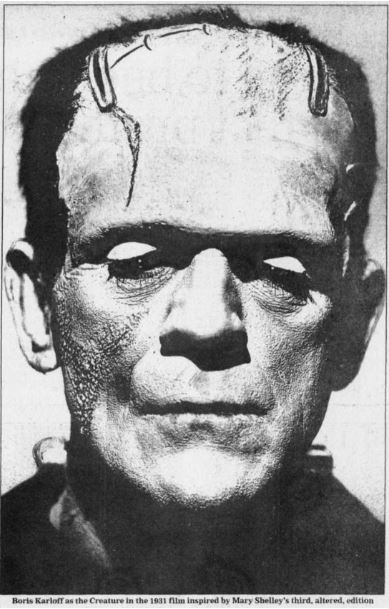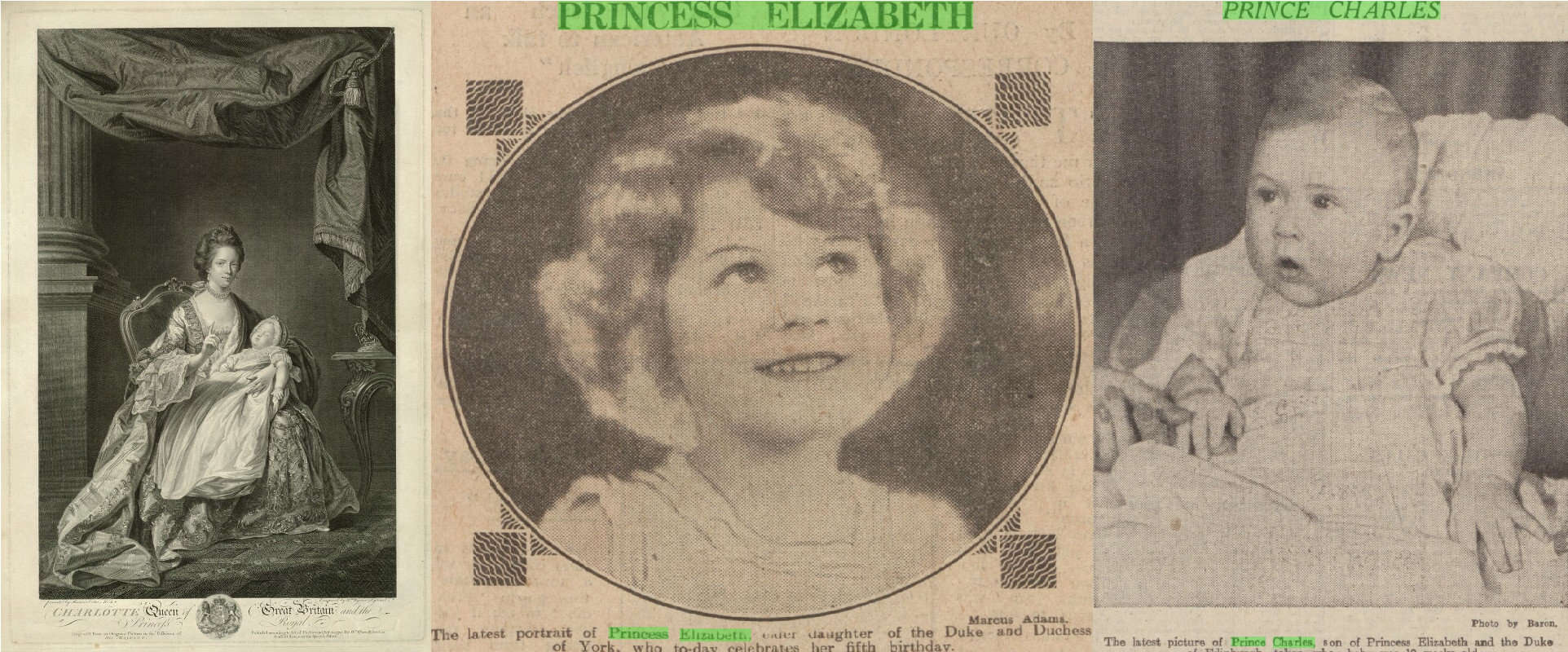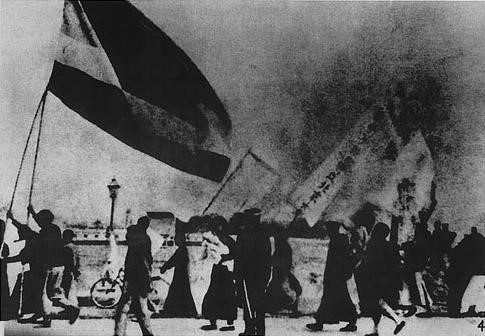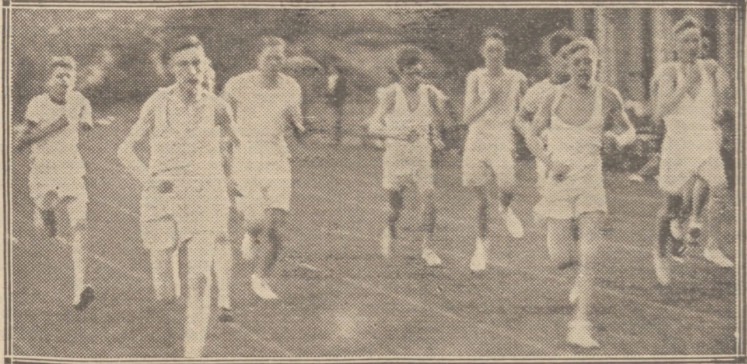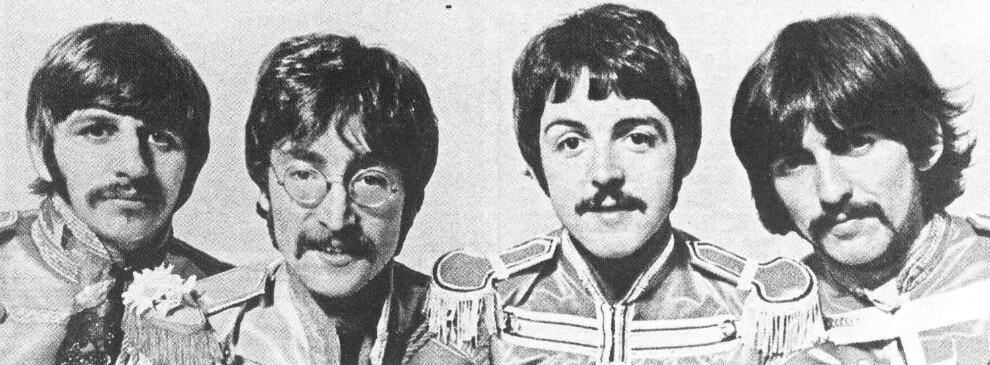│ By Tania Chakraborti, Gale Ambassador at Durham University │
The idea of what is monstrous has perhaps metamorphosed somewhat since the nineteenth century. Nowadays audiences root for the vampire (Netflix’s The Originals) sympathise with the werewolf (Twilight) or even cheer on the Devil (Netflix’s Lucifer). But in the time of Shelley, Verne and Stoker, monstrosity was far more complex (and far less American high school-orientated!)

